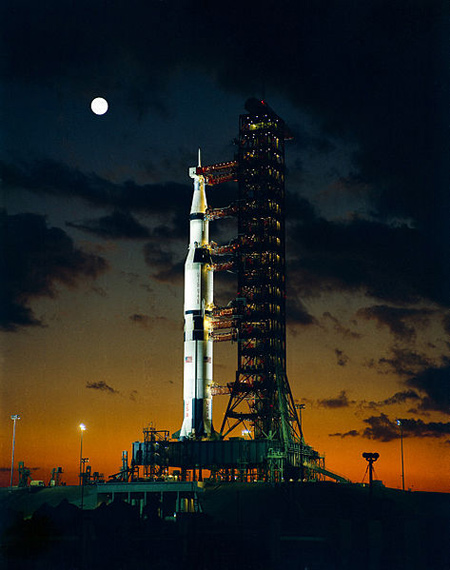We just had a pretty fascinating discussion in the official CrunchGear chartroom about how you’d respond to complete, humanity-threatening disaster. How would you prepare yourself? Stock up on gasoline, food, and medicine? What happens when that runs out? A gun might come in handy for a number of different reason, but what happens when you run out of bullets—do you know how to make bullets? Do you have the knowledge to bore into the earth, extract ore, melt it down, then shape it all into working bullets? Well done of you do, but odds are the average person has no idea how to do that.
Same thing with medicine. You may be a doctor, and you may know the human body inside and out, and you may know what medicine to use in a specific situation, but do you know how to make that medicine?
It all ties into this story about how humanity’s quest to travel the heavens is hopelessly doomed given our current level of technology and knowledge of the laws of physics.
The gist is that we’re pretty much gotten as much energy as we can out of traditional rocket fuel. Unless we find some new, super fancy fuel we’ll have to think of some other way to send humans into outer space.
This, of course, assumes we even want to send humans across the solar system (and beyond if we’re lucky!). Michio Kaku’s old book, Physics of the Impossible, says that instead of sending actual people, or even traditional robots, into outer space we may have greater success sending nanomachines. It takes a heck of a lot less energy to put nanomachines into outer space than a bunch of astronauts and their supplies.
Of course that doesn’t address the issue of space colonization, but hopefully by the time humanity gives serious thought to that we’ll have figured out something more efficient than plain ol’ rocket fuel.
Provided, of course, we don’t blow ourselves up before we reach that level of advanced technology.
